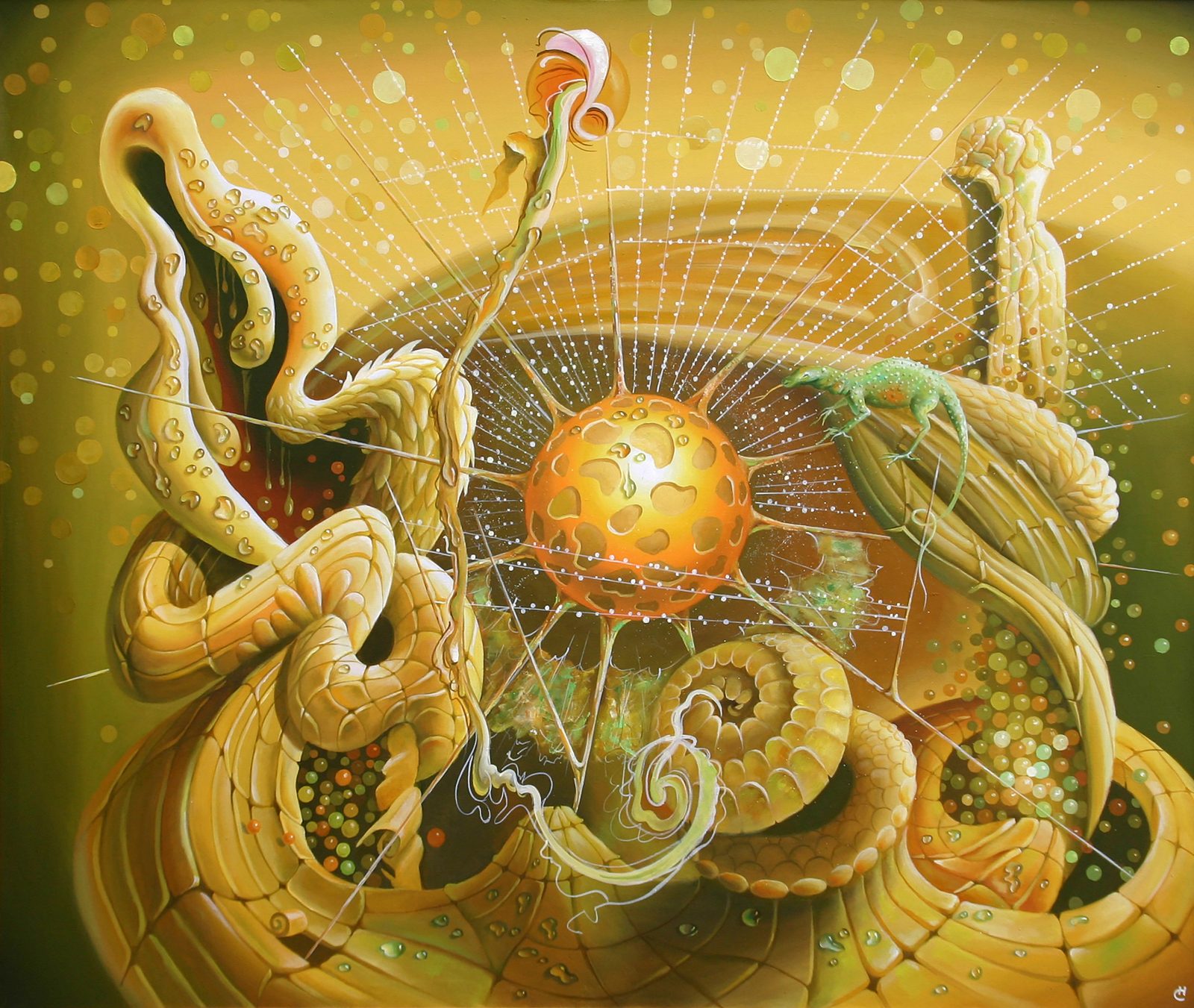
Brian Miller on Life, Thermodynamics and Jeremy England
In today’s ID the Future physicist Brian Miller discusses fellow physicist Jeremy England’s book Every Life Is on Fire: How Thermodynamics Explains the Origin of Living Things. Has England made a significant step toward solving the mystery of how life first began? In Miller’s conversation with host Eric Anderson, he argues that while England’s laboratory work is fascinating and innovative, what’s happening in his experiments differs dramatically from what is required of even the simplest life, so much so that the experiments do not shed the kind of light on the mystery of life’s origin that some may hope they do. Moreover, life does certain crucial things with energy that are unknown outside of the biological realm, Miller says, and without those processes available to prebiotic chemicals, it is far from clear how they could ever assemble into the molecular biological machinery essential for the first self-reproducing biological entity.
